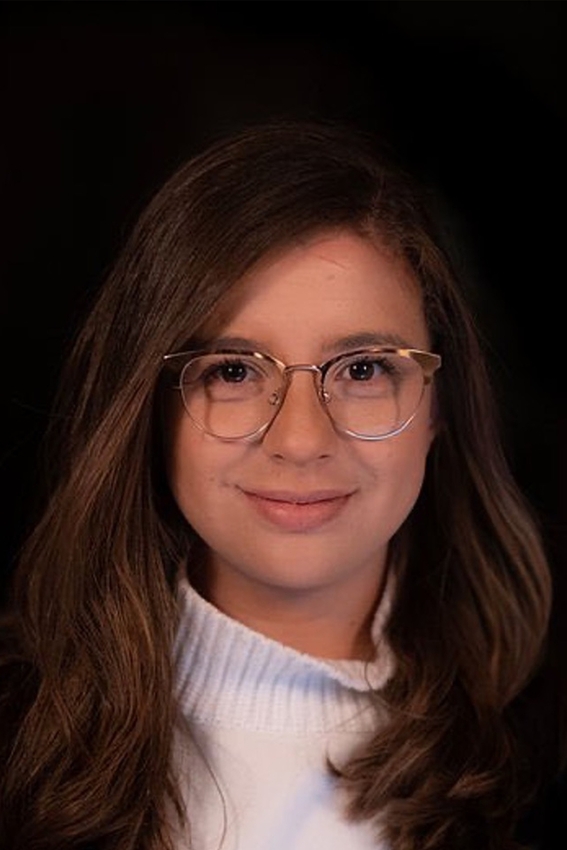CAES³AR
Collaborative and efficient scientific software support architecture

CAES³AR
Collaborative and efficient scientific software support architecture- Deutsche Forschungsgemeinschaft (DFG) - Project number 561181781
- 2025/07
- 3 years
- In progress
Scientific software can accelerate research while making it more transparent and reproducible. Yet the intended wide use of research software increases the demand for software support, which in turn can become taxing for software-supporting researchers. The common practice is that users of research software write emails or file issues on development platforms such as GitHub and GitLab. Even if a user comprehensively describes the encountered problem in an issue in the form of a minimal working example, it can be hard to reproduce and thus solve the problem at hand, because reproducibility is complicated by differences in system hardware and dependencies, input data, or software versions. Because of this, seemingly simple support cases become lengthy discussions, in which users upload necessary scripts as well as missing files and supporters subsequently try to reproduce the problem on their local machines. With several issues per week, this can become a problem for typical small development teams in academic settings. Such teams commonly consist of researchers, who are no professional software engineers and have individual academic qualification goals, teaching duties, and partly temporary working contracts.
CAES³AR proposes to develop a collaborative scientific software support architecture to make the process of software support more efficient. The proposed architecture will allow that users who file an issue on a development platform (e.g., git.nrw) can upload scripts and necessary data to reproduce the problem in a minimal working example onto a cloud computing infrastructure (e.g., JupyterHub). This allows that automated tests are performed in the background to check whether the problem only consists for specific versions of the software or on specific platforms. Furthermore, supporters can directly and collaboratively help in fixing the problem without the need to reproduce the problem on their local machines. Computational demands are minimal because the Ultimately, CAES³AR will give software-supporting researchers more time for research.
Project partners
- Dr. rer. nat. Marius Politze and Camilla Lummerzheim, M.Sc., Research Process and Data Management, IT Center, RWTH Aachen University
- Prof. Dr. Thomas Günther, Technische Universität Bergakademie Freiberg
- Dr. Carsten Rücker, Federal Office for the Safety of Nuclear Waste Management

